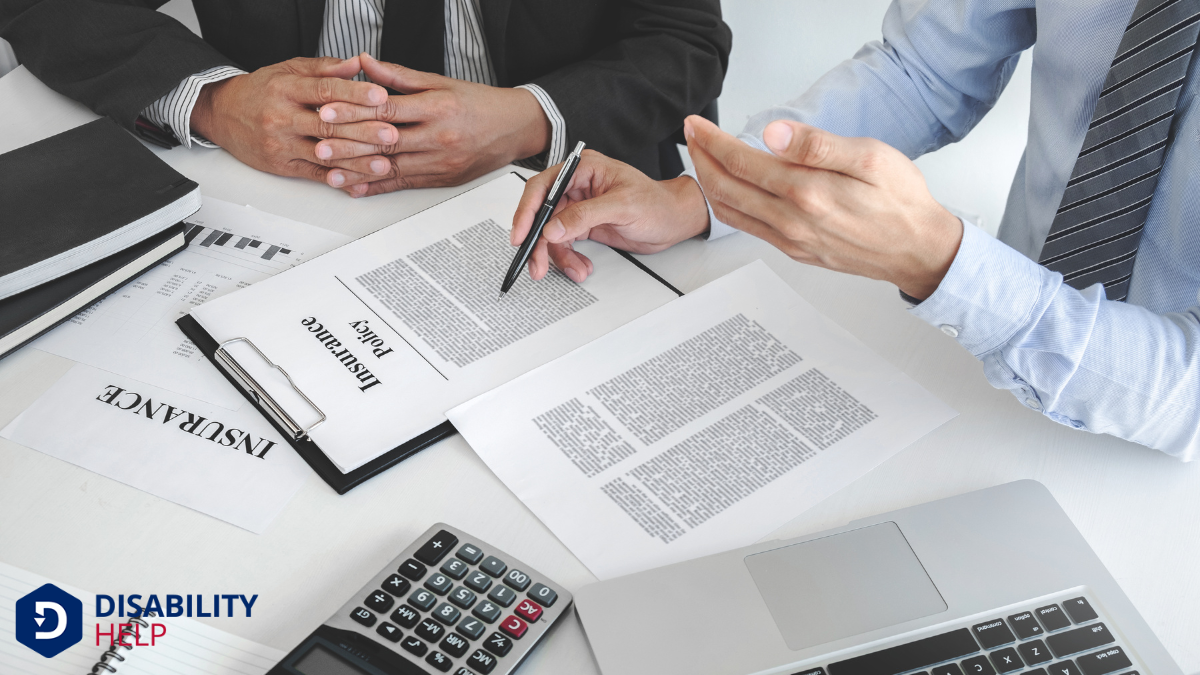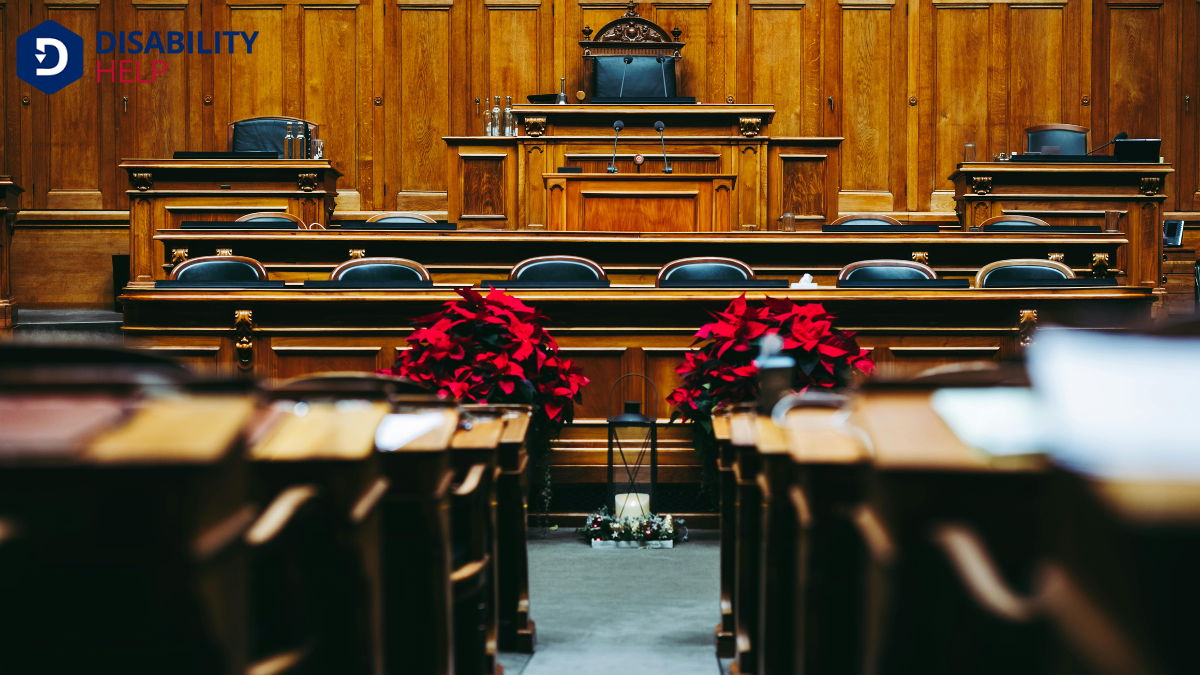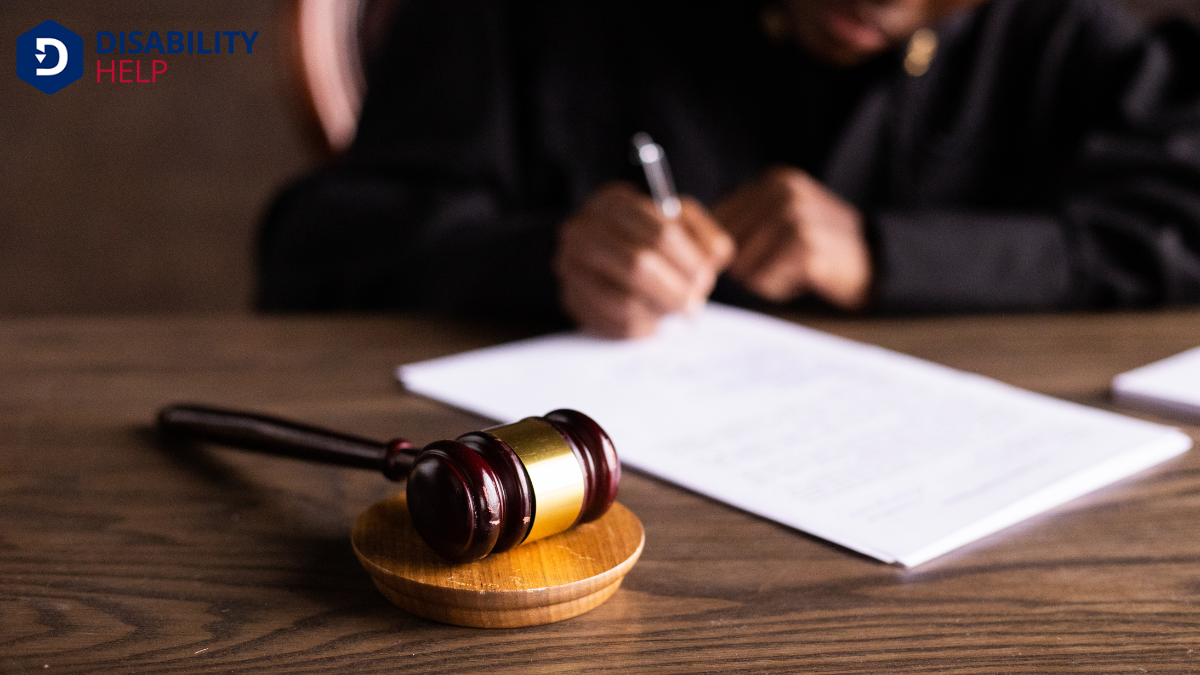We often wonder if personal injury cases ever see the inside of a courtroom. The truth is, most don’t. Settlements are the norm, driven by the desire to avoid the unpredictable nature of trials. The lengthy process, costs, and emotional stress make settling an attractive option. But what exactly pushes parties to reach an agreement, and when is a trial truly necessary? Let's explore the dynamics that influence these essential decisions.
Key Takeaways
- Most personal injury cases settle out of court to avoid lengthy and costly trials.
- Settlements provide quicker resolutions and more predictable outcomes compared to jury verdicts.
- Trials are less common due to the uncertainty and risk of unfavorable jury decisions.
- Legal costs and emotional toll make settlements a preferred choice for many plaintiffs.
- Insurance companies often negotiate settlements to limit potential financial exposure from trial verdicts.
Understanding Personal Injury Claims
How exactly do we navigate the complex world of personal injury claims? First, we need to understand the basics. Personal injury claims arise when someone suffers harm due to another's negligenceA legal concept where a party fails to exercise reasonable care, resulting in harm to another person..., and they seek compensation for damages.
We must gather evidence to support our case—think medical records, witness testimonies, and accident reports. It’s essential to establish that the other party was at fault and that their actions directly caused our injuries.
Next, we assess the extent of our damages, which can include medical expenses, lost wages, and emotional distress.
We often consult with legal experts to evaluate the strength of our claims and determine a fair settlement. This process requires patience, diligence, and a clear understanding of our rights to guarantee a successful outcome.
The Role of Insurance Companies

Once we've laid the groundwork for our personal injury claim, we inevitably encounter insurance companies, which play a significant role in the claims process. Their involvement can greatly influence whether a case goes to trial or not.
Here’s how they come into play:
- Assessment: Insurance companies assess the claim's validity and determine liability. They scrutinize details to minimize their payout.
- Adjusters: Claims adjusters evaluate damages and propose settlement amounts. They aim to resolve claims efficiently while protecting the insurer’s interests.
- Policy Limits: The insurer’s policy limits dictate the maximum payout. This can affect settlement decisions and the potential for a trial.
- Legal Strategy: Insurance companies often have legal teams ready to defend against claims, impacting our approach and decisions.
Understanding these aspects helps us navigate the process more effectively.
The Importance of Negotiations
When we approach personal injury cases, negotiations play a vital role in reaching settlements that can save us time and reduce legal expenses.
By negotiating effectively, we can often avoid the uncertainty and potential risks of a court trial.
Let’s explore how these negotiations can benefit all parties involved.
Role in Settlements
Negotiations are essential to the settlement process in personal injury cases, often determining the outcome without the need for a trial. By focusing on negotiations, we can reach a fair and timely resolution.
Here's how we can effectively negotiate settlements:
- Preparation: We must gather all necessary information about the case, including medical records and evidence, to support our claims.
- Communication: Open and honest dialogue with the other party is vital. This helps us understand their perspective and build a strong case for our demands.
- Flexibility: Being willing to compromise can lead to a satisfactory settlement for all parties involved, avoiding the uncertainties of a trial.
- Patience: Settlements can take time, and we need to remain patient while negotiations unfold.
Understanding these steps helps us in achieving successful outcomes.
Reducing Legal Expenses
One of the most effective ways to reduce legal expenses in personal injury cases is through skilled negotiations. When we negotiate effectively, we often reach settlements without going to trial, saving both time and money.
By sitting down with the opposing party, we can discuss terms and potentially agree on a fair settlement. This means fewer billable hours for attorneys and reduced court fees for us.
Having a clear understanding of our case's strengths and weaknesses allows us to negotiate from a position of knowledge. We should gather evidence, understand liability, and know what fair compensation looks like.
Let’s also remember that open communication is key. By fostering a cooperative atmosphere, we can often resolve disputes efficiently and avoid the high costs associated with prolonged litigation.
Avoiding Court Uncertainty
Skilled negotiations not only help reduce legal expenses but also play a vital role in avoiding the uncertainties of court proceedings.
When we negotiate effectively, we increase our chances of securing a favorable outcome without stepping into a courtroom.
Let's consider why negotiations are so vital:
- Control: We maintain control over the outcome, rather than leaving it in the hands of a judge or jury.
- Time: Negotiations often resolve disputes faster than lengthy court trials.
- Privacy: Settlements can protect our privacy, keeping sensitive details out of public record.
- Relationships: Negotiations can help preserve professional or personal relationships by fostering collaboration.
Factors Leading to Settlements
When we consider settling a personal injury case, we must weigh several important factors.
Legal costs can quickly add up, making settlements a cost-effective alternative to lengthy trials.
Additionally, settling often saves time and helps us avoid the uncertainty and risk of an unfavorable verdict in court.
Legal Cost Considerations
While maneuvering through personal injury cases, understanding the legal cost considerations often reveals why many parties choose to settle rather than proceed to trial.
Trials can be expensive, and these costs greatly impact our decisions. Let’s explore four key cost factors:
- Attorney Fees: Legal representationThe way people with disabilities are depicted in media, culture, and politics, often influencing pub... can be costly, especially during a lengthy trial.
- Court Costs: Filing fees, court reporter expenses, and other administrative costs add up quickly.
- Expert Witnesses: Hiring experts to testify on our behalf can become a major expense.
- Time Invested: The longer a trial takes, the more resources we must commit, which indirectly translates to higher costs.
Time Efficiency Benefits
Understanding the financial implications of trials, it’s clear why time efficiency often nudges parties toward settlements in personal injury cases. Trials can stretch over months, sometimes even years, consuming considerable time from everyone involved.
However, when we opt for a settlement, we can resolve matters much quicker. This efficiency appeals to both parties, keen to move forward with their lives and avoid the prolonged uncertainty of court proceedings. Settling early allows us to focus on recovery and future plans rather than being tied up in court.
Additionally, faster resolutions can often mean receiving compensation sooner, which can be vital for covering ongoing expenses. By choosing settlement, we save time, reduce stress, and gain more control over the outcome.
Risk of Unfavorable Verdict
Given the unpredictability of jury decisions, the risk of an unfavorable verdict is a significant factor that often pushes parties towards settlement in personal injury cases.
When we consider pursuing a trial, we're faced with several uncertainties that can make settlements more appealing. Let's explore why:
- Jury Bias: Jurors may have preconceived notions or biases that affect their judgment, impacting the case unpredictably.
- Complexity of Evidence: Juries might struggle to understand complex evidence, potentially leading to a decision that's not in our favor.
- Emotional Testimonies: Emotional testimonies can sway a jury’s decision, regardless of factual evidence.
- Financial Risk: Trials can be costly, and losing could mean significant financial losses for us.
Understanding these risks helps us make informed decisions about settlements.
When a Trial Becomes Necessary

In some personal injury cases, we might find ourselves in a situation where a trial becomes necessary to achieve justice. This typically happens when negotiations fail, and the opposing party isn’t willing to offer a fair settlement.
Sometimes, the complexity of the case demands a more thorough examination that only a court can provide. We could also face a scenario where the facts are disputed, requiring a judge or jury to decide.
Additionally, if the stakes are high, such as in cases with severe injuries or significant financial loss, a trial might be our best option to guarantee we’re fully compensated.
Understanding when a trial becomes necessary helps us make informed decisions about pursuing justice while weighing potential outcomes.
Pros and Cons of Going to Trial
While deciding whether to take a personal injury case to trial, it’s essential to weigh the pros and cons carefully. Trials can be beneficial or burdensome, depending on our situation:
- Potential for Higher Compensation: Trials might yield higher settlements if the jury empathizes with us, recognizing the full extent of our pain and suffering.
- Public Record: Court proceedings are public, which could either work in our favor by highlighting our case’s seriousness or lead to unwanted exposure.
- Time and Cost: Trials can be lengthy and expensive, possibly delaying compensation and increasing legal fees.
- Uncertainty of Outcome: There’s no guarantee of winning. The jury's decision can be unpredictable, leaving us with no compensation despite our efforts.
Considering these factors helps us make an informed decision.
The Impact of Legal Representation
When maneuvering personal injury cases, having skilled legal representation can greatly influence the outcome. We recognize that these situations can be overwhelming. A knowledgeable attorney helps us navigate the complexities of legal procedures and guarantees our rights are protected.
They’re equipped to negotiate effectively with insurance companies, aiming for the best possible settlement. If the case does go to trial, their expertise is vital in presenting evidence and arguing persuasively on our behalf.
Furthermore, experienced lawyers can accurately assess the value of our claims, which prevents us from settling for less than we deserve. They also provide guidance on whether we should accept a settlement or proceed to court.
Ultimately, legal representation offers us the confidence and support needed to pursue justice effectively.
Case Studies: Trials vs. Settlements

Exploring real-life scenarios helps us understand the nuances between trials and settlements in personal injury cases.
Studying these cases offers valuable insights into why most don’t end up in court.
Let’s examine four examples to illustrate this:
- Time and Cost: In one scenario, a settlement was preferred due to the lengthy and expensive nature of trials. The parties involved decided that settling was more efficient.
- Predictability: Another case showed how settlements provided more certainty in outcomes, avoiding the unpredictability of a jury's decision.
- Emotional Toll: A plaintiff chose a settlement over a trial to avoid the emotional stress of a courtroom battle.
- Confidentiality: In a high-profile case, parties settled to maintain privacy, which trials might compromise.
These examples highlight why settlements often prevail.
Conclusion
In personal injury cases, we often find that settling is the preferred route. We all want to avoid the high costs, lengthy process, and emotional strain of a trial. Negotiations usually lead to fair compensation, meeting the injured party's needs without the uncertainty of a jury decision. Although some cases do go to trial, with strong legal representation, we can usually resolve matters more efficiently and privately. In the end, settlements often benefit everyone involved.






